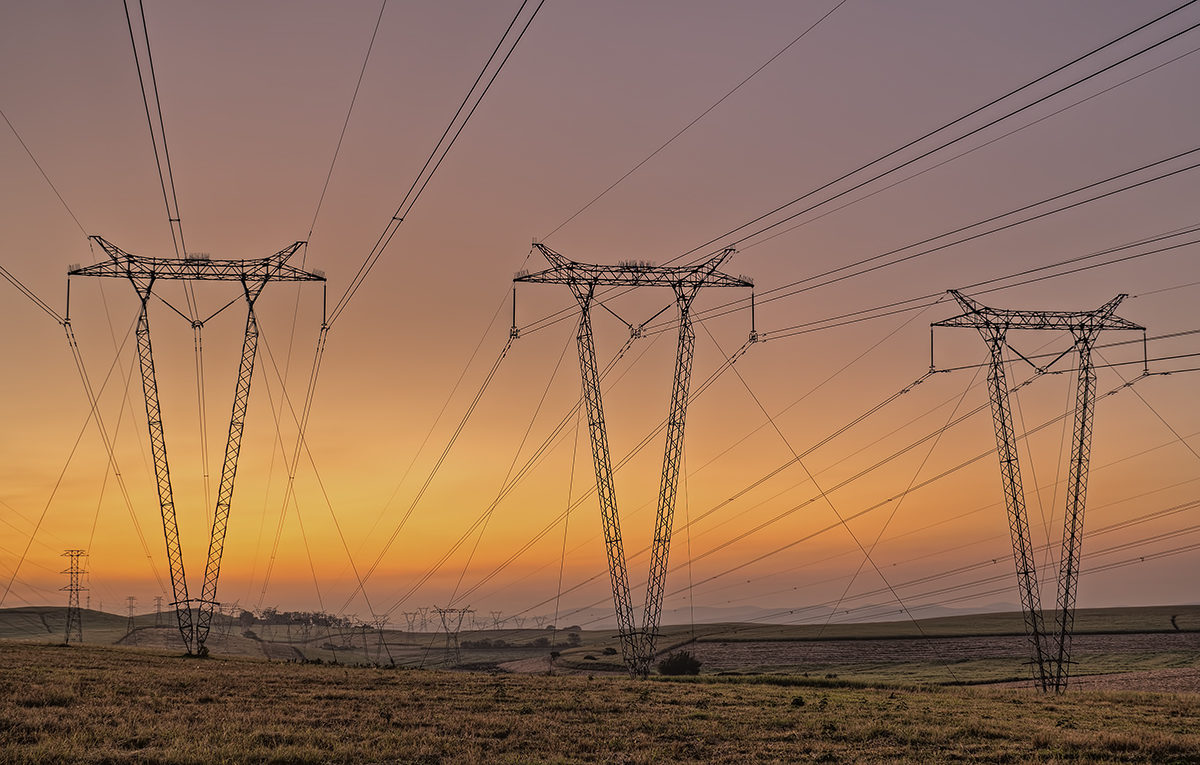While the large scale renewable sector, alongside a host of other energy market participants, have supported the notion of a Clean Energy Target to provide the policy environment in which new generation projects can be developed, the Federal Governement is turning to demand response.
In a joint initiative with the New South Wales Coalition Government, which wears the same political colours as the Turnbull’s, $28.6 million of federal funding will be coupled with $7.2 million in state funds, to incentive 200 MW of demand reduction capacity by 2020.
To meet likely generation shortfalls this summer, the government is hoping to engage 143 MW of demand response capacity before the hot summer months kick in.
Demand response frees up grid and generation capacity, by incentivizing large electricity consumers to ramp down consumption in periods of high electricity demand on the grid. The hot summer months frequently lead to electricity demand spikes due to electricity loads.
Households have also been targeted in this new initiative, with the government commiting to providing “rebates on their power bills” in exchange for decreased electricity consumption when required.
The trial, which will be supported through the Australian Renewable Energy Agency (ARENA) and targets 10 demand response pilot projects in three states: Victoria, South Australia and New South Wales.
The government said that demand response “will play a key role in securing an affordable electricity network in Australia.” While demand response is undoubtably a useful tool, some would argue a Clean Energy Target would do the very same.
This content is protected by copyright and may not be reused. If you want to cooperate with us and would like to reuse some of our content, please contact: editors@pv-magazine.com.









By submitting this form you agree to pv magazine using your data for the purposes of publishing your comment.
Your personal data will only be disclosed or otherwise transmitted to third parties for the purposes of spam filtering or if this is necessary for technical maintenance of the website. Any other transfer to third parties will not take place unless this is justified on the basis of applicable data protection regulations or if pv magazine is legally obliged to do so.
You may revoke this consent at any time with effect for the future, in which case your personal data will be deleted immediately. Otherwise, your data will be deleted if pv magazine has processed your request or the purpose of data storage is fulfilled.
Further information on data privacy can be found in our Data Protection Policy.